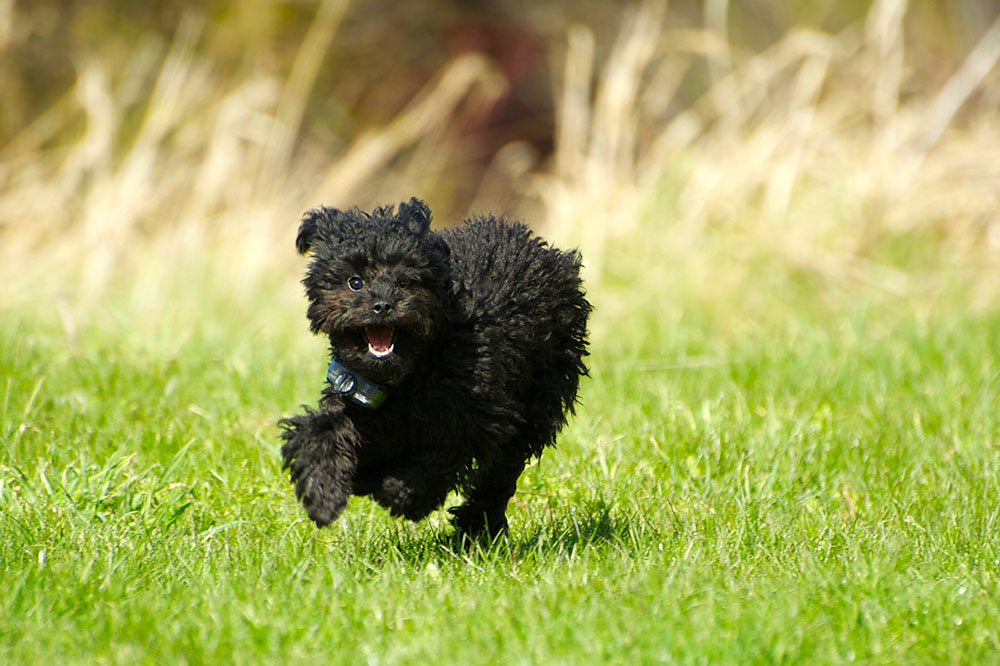Comprehensive Guide to Raising a Healthy and Happy German Shepherd Puppy
Discover the comprehensive guide to caring for a German Shepherd puppy. Learn about breed traits, health care, training tips, dietary needs, and how to raise a well-behaved, healthy dog. Perfect for prospective owners committed to long-term care and companionship.

Essential Tips for Successfully Raising a German Shepherd Puppy
Welcoming a German Shepherd puppy into your home is an exciting experience, but it comes with a set of responsibilities that require thorough understanding and preparation. These intelligent, loyal, and energetic dogs are among the most popular breeds worldwide, appreciated for their versatility, working ability, and protective nature. However, raising a German Shepherd puppy involves more than just love — it demands commitment, proper training, and attentive care to ensure they grow into well-behaved and healthy adult dogs.
German Shepherd puppies are medium to large-sized dogs known for their striking appearance and remarkable intelligence. They are often employed in police, military, and search-and-rescue operations due to their keen instincts and trainability. If you're considering adding one to your family, it’s essential to understand their specific needs, behavioral traits, and health considerations to provide the best environment for their development.
Understanding the Breed's Characteristics
German Shepherds typically weigh between 50 to 90 pounds as adults, with males generally being larger than females. Their dense double coat—composed of a soft undercoat and a harsher topcoat—requires regular grooming, especially during shedding seasons, which occur twice a year. Their coat hue varies from black and tan to sable, and maintaining their coat’s health is vital for their overall well-being.
The breed is renowned for their intelligence and high levels of obedience. These qualities make them suitable for various roles, including service work, protection, and companionship. Their natural alertness and desire to work make them excellent watchdogs, yet they require proper socialization from a young age to prevent overprotectiveness or aggression toward strangers.
Financial Commitment and Care Needs
Owning a German Shepherd comes with a significant financial responsibility. On average, you should budget approximately $3,000 annually for their food, grooming, veterinary care, training, and other supplies. High-quality dog food tailored to their age and activity level ensures they remain healthy and energetic. Regular grooming helps manage shedding and maintain coat health. Routine vet check-ups are crucial to prevent and manage common breed-specific health issues, which we'll discuss further below.
Understanding Their Temperament and Social Needs
German Shepherds are naturally wary of strangers, which makes early socialization vital for reducing overprotectiveness and fostering positive interactions with unfamiliar people and animals. They tend to develop strong bonds with specific family members, often displaying loyalty and attachment. While their protective nature makes them excellent family guardians, it is essential to balance their natural instincts with training that promotes trust and good manners around guests.
Because of their protective instincts and tendency to form deep bonds, German Shepherds might show loyalty primarily toward one person or a core family unit. This trait can be beneficial but also calls for consistent socialization to ensure they are comfortable in diverse environments.
Behavioral Traits and Training Considerations
German Shepherd puppies are energetic and playful, often exhibiting bouts of mouthing and biting—behavior that needs to be addressed early through appropriate training. Using chew toys can redirect biting impulses and help teach bite inhibition. Consistent, positive reinforcement training methods are most effective with this intelligent breed, as harsh corrections can damage their trust and hinder learning.
They are vocal dogs—barking at unfamiliar sounds, alerts, or in response to stimulation. Training to manage excessive barking is essential to prevent nuisance and stress. Establishing quiet commands and rewarding calm behavior can help control their vocalizations.
Exercise, Play, and Enrichment
German Shepherds are highly energetic and robust dogs that thrive on regular exercise and mental stimulation. They enjoy tracking, agility, obedience, and other high-energy activities that challenge their intelligence and keep them physically fit. Failure to provide sufficient activity can lead to behavioral problems such as chewing, digging, or excessive barking.
Engaging them in daily walks, play sessions, and canine sports is ideal. Interactive toys, puzzle feeders, and training exercises can help keep their minds sharp and prevent boredom.
Health and Wellness Considerations
Regular veterinary visits are crucial to detect and treat common physical issues found in the breed, such as hip and elbow dysplasia, digestive problems, skin conditions, and allergies. Maintaining a proper diet, exercise routine, and grooming schedule will help promote their overall health.
Being a double-coated breed, German Shepherds shed heavily, especially during seasonal changes. Frequent brushing with appropriate tools can significantly reduce hair around your home and keep their coat healthy. Additionally, routine checks and preventive care, including vaccinations and parasite control, are integral parts of responsible ownership.
Suitability for Active Owners
This breed is best suited for active individuals or families who can dedicate time for training, exercise, and mental enrichment. Their high energy levels make them unsuitable for sedentary lifestyles. German Shepherds excel in homes that offer space to run and play, making them ideal companions for outdoor enthusiasts, runners, and those involved in canine sports.
In conclusion, raising a German Shepherd puppy requires a comprehensive understanding of their breed-specific traits and needs. With proper training, socialization, health care, and plenty of activity, they can become loyal, obedient, and loving family members. If you're ready to commit to their physical and emotional well-being, a German Shepherd puppy can be an incredibly rewarding addition to your life.





